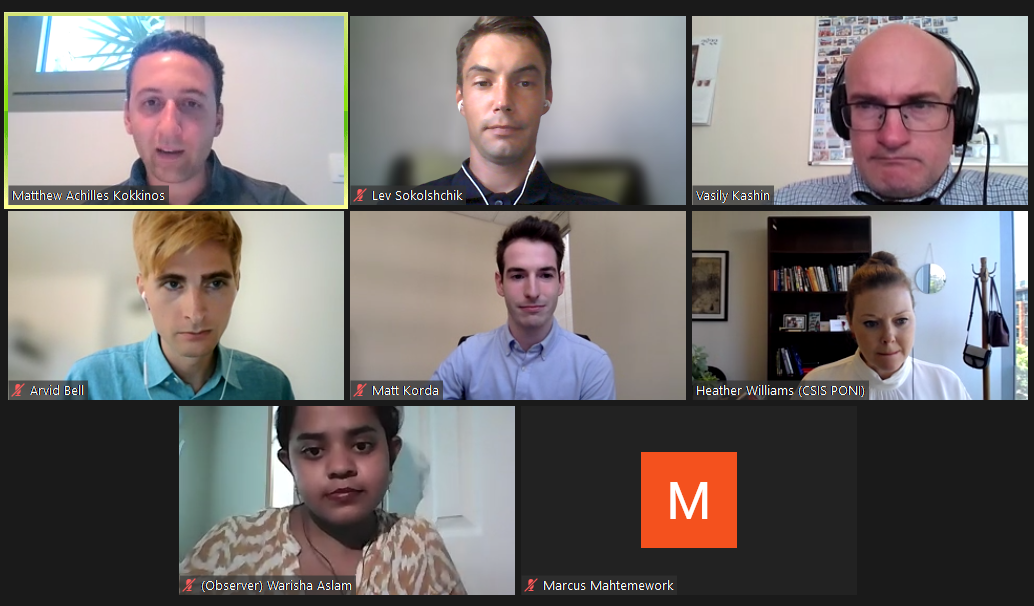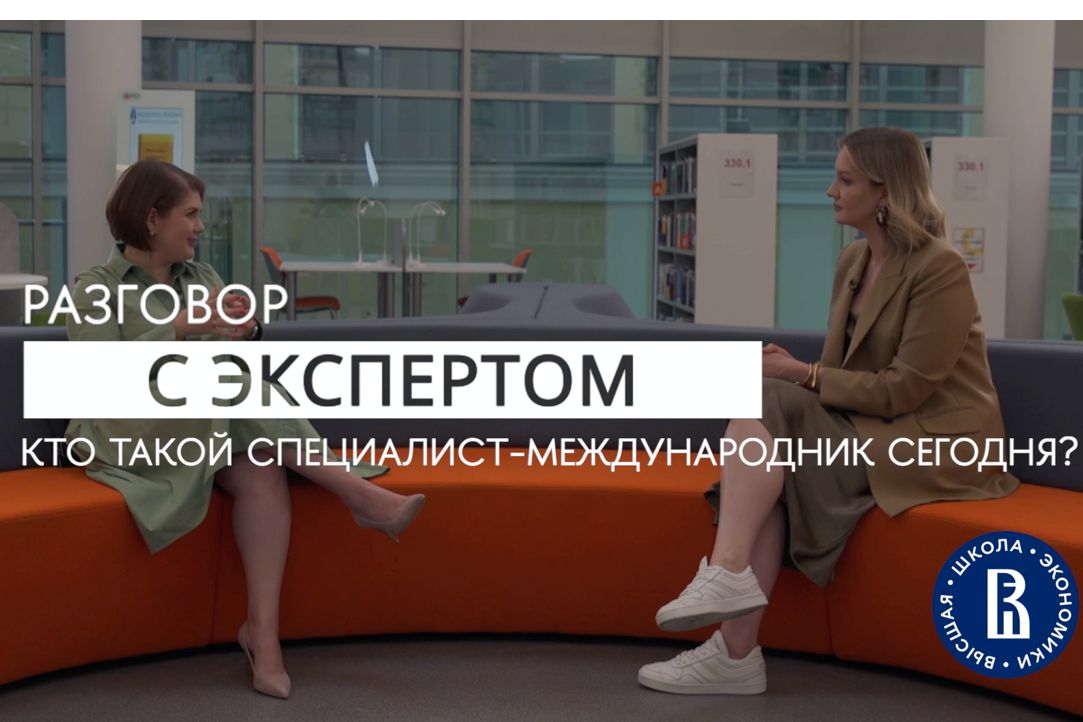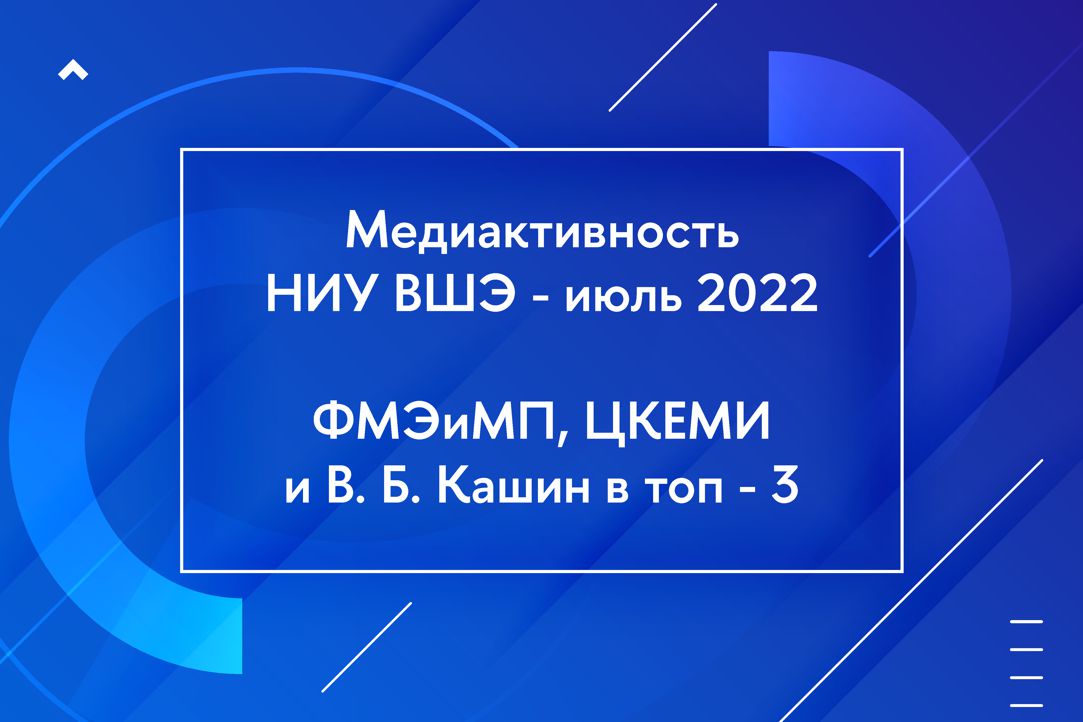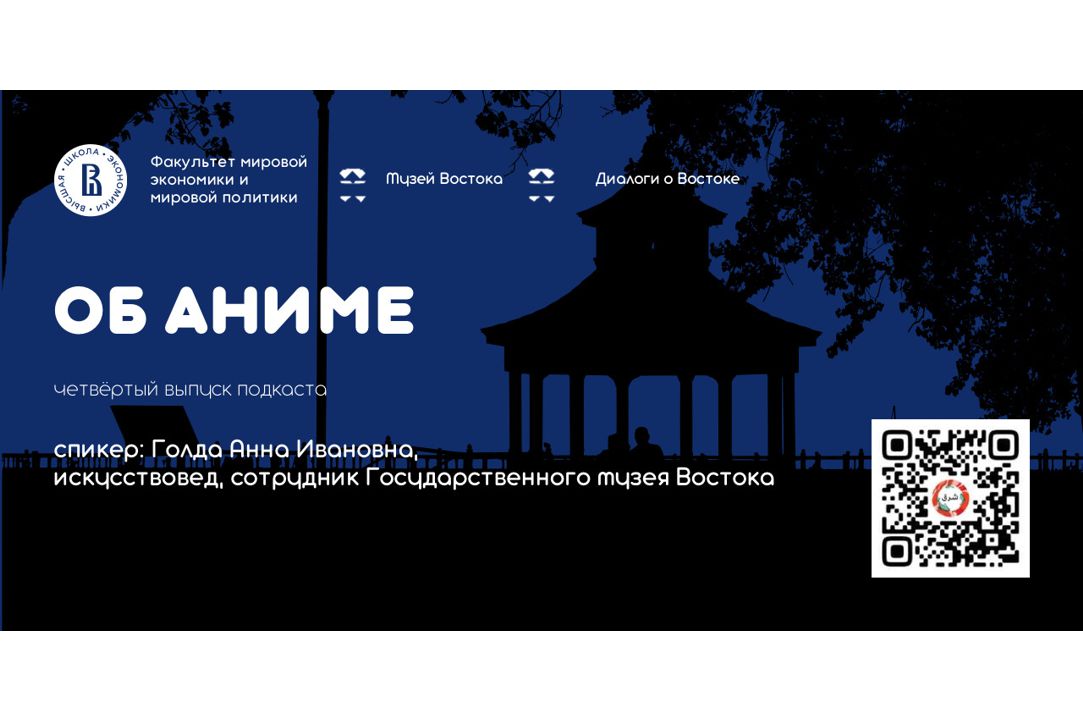
Director of CCEIS V. Kashin as a speaker and associate professor of the Department of Foreign Regional Studies, researcher of CCEIS L. Sokolshchik, as an invited expert, took part in the first scientific and educational camp of the Academy of Arms Control Negotiations (ACONA), which was held from August 15 to 19 in an online format. The start of a new cycle of the project was preceded by a lot of preparatory work. For almost three months in the weekly mode L. Sokolshchik together with colleagues from MGIMO, Harvard University, the Woodrow Wilson Center, the Frankfurt Peace Institute, and the University of Iceland, participated in the formation of the program and the content of the camp events. During the camp, discussions, master classes and speeches by leading world experts in the field of strategic stability and global security, trainings on conducting international negotiations and resolving the most pressing issues of modern international relations were organized for project participants from the USA, Russia, Europe, Asia during the camp.










